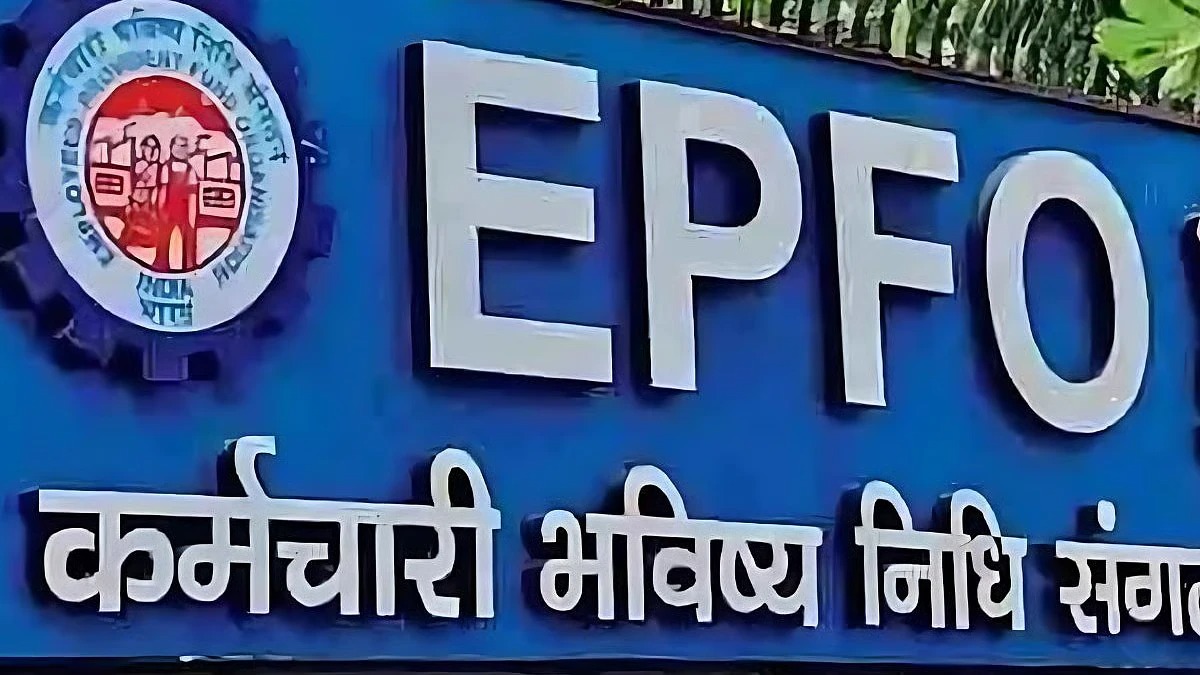N.K. Sodhi, J.@mdashA Town Planning Scheme of unbuilt area around Mukand Lal, Government Civil Hospital, Jagadhri Road at Yamunanagar (for short the scheme) was drawn up by the Municipal Committee, Yamuna Nagar and the same was sanctioned by the State Government on 2.8.1983 under sub-section (3) of Section 203 of the Haryana Municipal Act, 1973 (hereinafter called the Act). Petitioners who are residents of Yamunanagar filed this petition in the year 1996 for a mandamus directing the respondents to initiate and finalise the development works, to provide internal services as soon as possible and complete the implementation of the scheme in accordance with the provisions of the Act. Their grievance is that the scheme around Lal Dwara was introduced in the year 1979 and after completing the procedure prescribed in Section 203 of the Act, the same was completed and sanctioned in 1983 but no steps have been taken by the respondents in implementing the same. Petitioners claim that they and several others who have purchased plots in the said scheme have been requesting the respondents to carry out their mandatory duties and implement the scheme but to no avail.
2. In the written statement filed on behalf of respondents 1 to 3, it is admitted that the land under the scheme has not been carved out into plots as per the Town Planning Scheme and that the area has not been properly developed and only isolated houses have been constructed by some plot holders without paying any development charges who are said to have raised constructions in violation of the Municipal Laws and that most of the area is lying unbuilt. It is also pleaded that it is not possible to provide civil amenities to the isolated houses who have raised construction in violation of the building Rules. During the pendency of the writ petition respondents 4 to 14 moved an application under Order 1 Rule 10 of the CPC for being impleaded as respondents in the writ petition as they claim to be the owners of the land covered by the scheme. Since this application was not opposed the applicants were allowed to be impleaded. They then filed an application for vacation of the interim order passed by this court on 18.3.1997 whereby some directions were issued to the respondents. The grievance of these respondents is that since a period of more than five years has lapsed from the date when the scheme was sanctioned the same has lapsed and cannot now be enforced. It is pleaded on their behalf that the writ petition has become infructuous and the same be dismissed.
3. I have heard counsel for the parties and on their request the main writ petition is being disposed of along with the application for the vacation of the interim order.
4. Section 203 of the Act empowers a Municipal Committee to draw up a building scheme for built areas and a Town Planning Scheme for unbuilt areas and on such a scheme being finally framed after following the procedure prescribed in subsections (2) and (3) of Section 203 of the Act, the same is sanctioned by the State Government. Sub-section (6) thereof provides that after the scheme has been sanctioned, the Committee shall proceed to provide internal services as soon as possible and complete it within a period of five years from the date of its sanction. The question that emerges for consideration is whether a scheme can be ordered to be implemented when the period of more than five years has lapsed from the date of its sanction. As already observed, the scheme in the instant case was sanctioned by the State Government on 2.8.1983 and as is clear from the averments made in the written statement the same had not been implemented till the year 1996 and that most of the land covered by the scheme remains unbuilt. The mandate of sub-section (6) is that after the scheme has been sanctioned, the committee must complete it within a period of five years from the date of its sanction. This means that after the period of five years is over the scheme would lapse and if necessary a fresh scheme shall have to be prepared in accordance with law. Thus if the scheme is not implemented and completed within a period of five years from the date of its sanction, it lapses and it cannot be ordered to be completed or accomplished thereafter. A similar question arose before a Full Bench of this court in Nawal Singh v. The Administrator, Municipal Committee, Charkhi Dadri (1984) 86 P.L.R. 57 where the provisions of Section 44-A of the Punjab Town Improvement Act, 1922 came up for consideration. Section 44-A of that Act reads as under:-
" Any scheme in respect of which a notification has been published u/s 42, shall be executed by the Trust within a period of five years from the date of such notification.
Provided that the Government may if it is satisfied that it is beyond the control of the Trust to execute the scheme within the said period, extend the same as it may deem fit."
This provision is analogous to sub-section (6) of Section 203 of the Act except that sub-section (6) does not have the proviso which is there in Section 44-A of the Punjab Town Improvement Act. While interpreting this provision the Full Bench that a scheme had to be completed and accomplished within a period of five years from the date of its notification unless extended by the State Government under the proviso. In the absence of the proviso in sub-section (6) of Section 203 of the Act, the obvious implication is that there is no power with any authority to extend that period. The scheme, therefore, must be held to have lapsed in August, 1988. The view that I have taken also finds support from a single Bench judgment of this court in Indian Oil Corporation v. The Municipality, Thanesar (1989) 96 P.L.R. 424. It is petitioner''s own case that the scheme has not been implemented so far and that is why a mandamus is being sought for a direction to the respondents to complete the implementation of the same. Since the period of five years from the date of its sanction is long over and the scheme having lapsed, the mandamus sought for cannot be issued. In this view of the matter, the writ petition has become infructuous and the same is accordingly dismissed. There is no order as to costs.

